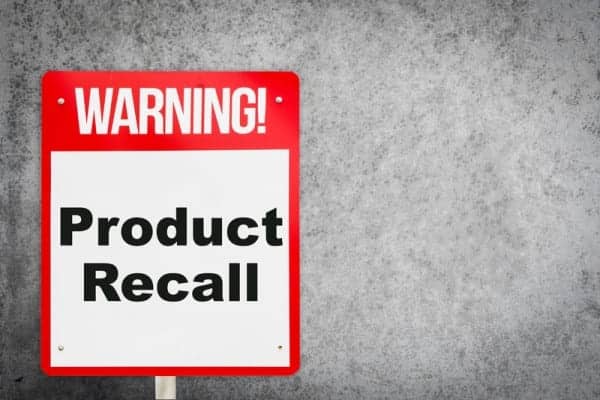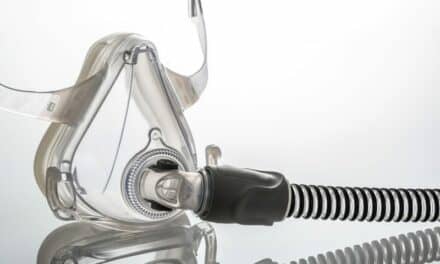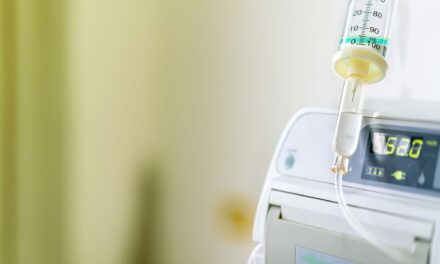Product recalls are still occurring, but the process has become more challenging and time-consuming as a result of the current regulatory environment, according to Stericycle Expert Solutions’ First Quarter 2020 Recall Index. While the second quarter started with a dip in recalls, the experts at Stericycle Expert Solutions predict that the coronavirus pandemic will lead to an eventual spike of recalls in the medical device sector once regulators resume their traditional oversight activities.
“By and large, the FDA is continuing to post warning letters on its website and request voluntary recalls. Despite the publicized regulatory discretion, that agency hasn’t fully backed off product safety,” warns Chris Harvey, director of recalls at Stericycle Expert Solutions.
COVID-19 Effect Similar to 2019 Government Shutdown
“While we began to see a drop in pharmaceutical and medical device recalls in April, it’s not unlike the dip in activity we saw during the government shutdown early last year,” adds Amanda Combs, Recall Consultant at Stericycle Expert Solutions. “But we also know that trend does not necessarily apply across the board, as FDA food recalls were significantly higher in April than they were in January 2019.”
Companies are operating in a completely new environment with remote workforces, supply chain disruptions, and shuttered facilities. With staff stretched thin and regulators making fewer on-site visits, quality and safety procedures are more likely to slip.
“While it may be too early to tell whether recalls will drop for the duration of the second quarter across the board, we’re more confident that a spike will occur in the months after enforcement discretion and emergency authorizations are lifted, regulatory officials get back on the road and inspectors return to the field. Anything that may have slipped through the cracks will be rectified,” Harvey says.
“What companies need to worry about is the reputational hit of a recall announced two months too late,” he adds. “Not to mention the fact that recalls will be harder to execute if consumers are still in a panic about COVID-19.”





